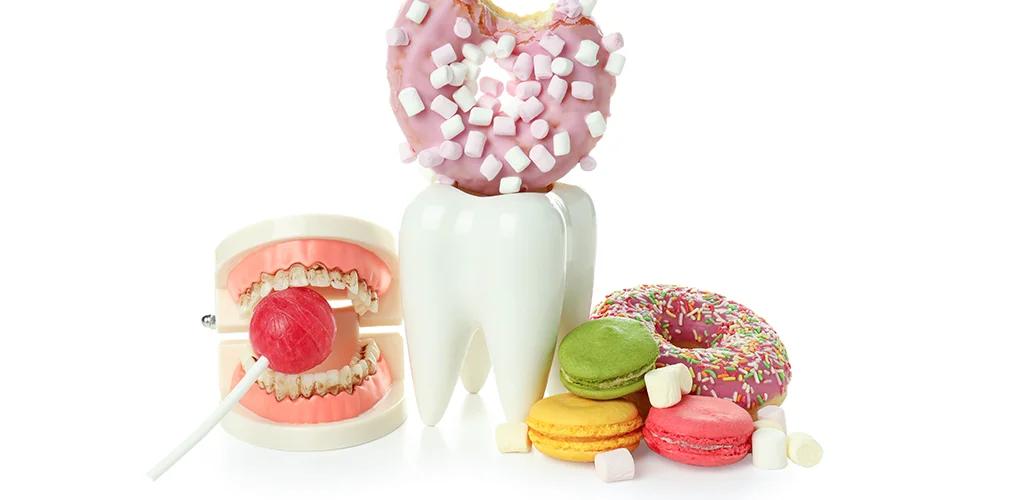`
Why Cavities Happen and How to Stop Them
One of the most prevalent dental issues that both adults and children have to deal with is cavities. An oral cavity can arise for a variety of reasons. Plaque is the main cause of dental cavities. Plaque is a thin sticky film full of micro-organisms. Plaque gets thicker and turns into tartar if brushing and flossing are not done regularly. Tartar is more difficult to remove from tooth surfaces and increases the risk of cavities. You can better avoid cavities if you know what causes them to form.
What are Cavities?
A cavity is a hole in a tooth that is caused by dental decay. Cavities occur when acids in mouth wear down enamel. Cavities may be avoided with good oral hygiene and professional care. Dental caries is another term for cavities in teeth.
There are three types of cavities:
- Pits and fissure cavities: Cavities damage the chewing surface of posterior teeth. Pit and fissure deterioration usually begins in adolescence and advances rapidly.
- Smooth surface cavities: Smooth surface cavities expand by slowly dissolving tooth enamel. Cavities can damage the buccal side of back teeth and can occasionally be reversed with good dental hygiene. This type of dental cavities is more common in young adults.
- Root cavities: Adults who have receding gums are more susceptible to root cavities. Gum recession exposes teeth roots to dental plaque and oral acids. It is hard to treat and prevent root cavities.
Causes of Cavities
- Plaque
- Sugary foods and drinks
- Low saliva production
- Bacteria
Symptoms of Cavities
- Tooth sensitivity
- Tooth pain
- A visible hole
- Black or brown stain on teeth
Diagnosing Tooth Cavity
A dentist looks for tooth cavity using a variety of tools. A tooth with a cavity feels softer on probing. A dentist may also take dental X-rays to know the extent of cavity.
Treatment Options for Cavities
Dental Fillings: A dentist removes the decayed tooth tissue and fills the hole with dental fillings. Dental fillings could be a composite resin (a tooth-colored material), silver amalgam or gold.
Crowns: A dentist might recommend a crown for widespread tooth decay. A crown is placed on a tooth once the dentist replaces the decayed tooth tissue with cavity filling.
Root Canals: A root canal is done when the cavity extends to the pulp. A dentist removes infected tooth pulp in root canal treatment, then fills the canals with gutta-percha (special filling material). A dentist might advise a dental crown to strengthen the affected tooth.
Tooth Extraction: A dentist recommends a tooth extraction when root canal is not possible. The gap after extraction can be filled with a dental bridge or implant.
Preventing Cavities
Practicing good dental hygiene is the best prevention against cavities. You should do the following as part of your dental care routine:
- Rinse with nonalcoholic mouthwash
- Brush teeth twice a day with fluoride toothpaste.
- Flossing at least once a day
- Avoid frequent sugar snacks
- Fluoride and Sealants
- Schedule a routine dental cleanings at least once a year
Complications from Untreated Cavities
There can be serious consequences when cavities are left untreated. Following are the common complications of untreated cavities:
- Recurring pain
- Swelling
- Difficulty in chewing
- Gum diseases
- Risk of damage tooth
- Abscess formation
- Tooth loss
`

